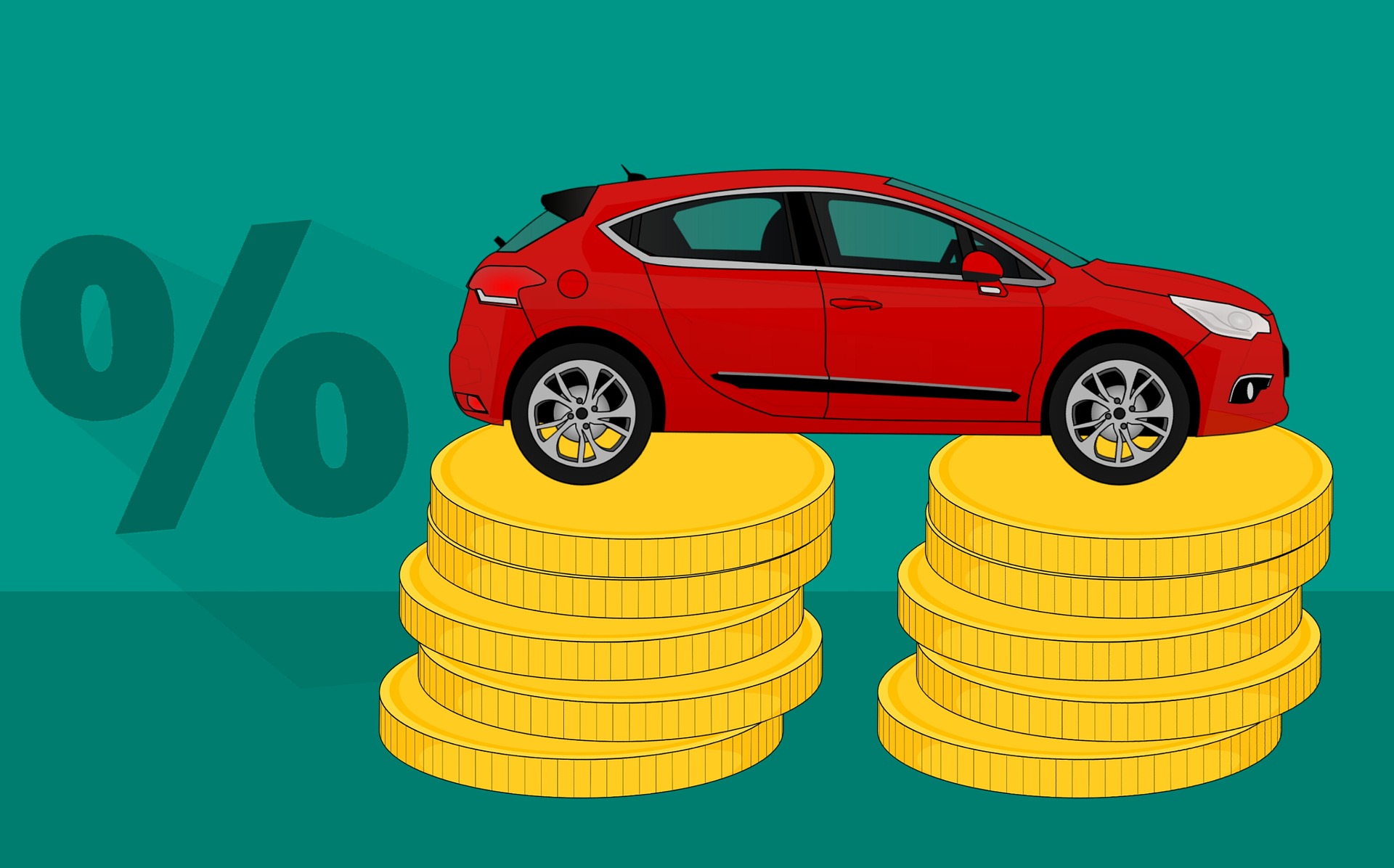
If you’re in the market for a new or used car, you’ve probably started researching the different ways to pay for it. Some people purchase a vehicle with a personal loan, while others opt for a personal contract purchase. While they’re different, they both have pros and cons. To help you decide which financing option is best for you, we look at both in detail below.
Personal loan
A personal loan is an easy financial product to understand. You agree to borrow a fixed amount of money, which needs to be repaid over a specified period of time. You pay back the amount you have borrowed, plus interest until your debt is cleared. Personal loans are either secured or unsecured. Secured loans are those that are linked to an asset that you own, such as your house. Conversely, you don’t need to put anything up as a security deposit for an unsecured loan. The majority of car loans are unsecured.
How they work
You can apply for a personal loan from hundreds of providers in the UK, so you’re truly spoiled for choice. The first thing you need to think about is how much you need to borrow. You can then search for a provider that offers loans within your budget. It’s a good idea to use a comparison site to see the different providers you can apply to, as you will find they offer different rates to one another. Once you have found a provider to match your borrowing needs, you can press ahead with a loan application by filling in your personal details. If your application is successful, the agreed amount will be deposited into your bank account, and you can use the cash to buy your car.
Personal Contract Purchase (PCP)
Although they’re often considered to be similar, personal loans and PCP financing are actually very different. When you agree to a PCP, you need to pay a deposit upfront, which is typically around 10% of the cost of the car. You will then have to pay an agreed amount of money over a set period of time, but it will probably be less than the amount of a personal loan. At the end of the loan period, you will be presented with the following choices:
- Return the car to the dealer
- Make a final (balloon payment) to own the car
- Take out a new PCP deal and get a new car
The main difference to consider is that with a PCP deal, you don’t own the car until you make the balloon payment. With a personal loan, you own the car right away once you transfer the money to the dealer.
How does PCP work?
If you were to choose a car that costs £20,000, you would be required to pay a deposit of £2,000. That would mean you would owe £18,000 to the dealer. At the time, the dealer might say that the car will be worth £10,000 at the end of the agreement, meaning you would need to cover £8,000 over 36 monthly payments, meaning you would need to pay £222,23 each month. If you wanted to keep the car at the end of the arrangement, you would need to pay £10,000 to the dealer.
The verdict: Which is better?
Ultimately, there are benefits to both personal loans and PCP arrangements when it comes to financing a car purchase. However, personal loans ensure you own the vehicle outright and aren’t subject to high balloon payments at the end of the deal. However, you should consider the fact that the lender is the legal owner of the vehicle it comes to the maintenance of a vehicle in a PCP arrangement.
What’s more, if your circumstances change and you need to sell your car, you can do so if you have bought it outright with a personal loan. However, with a PCP agreement, you will need to pay a fee to get out of the arrangement, as well as the difference between what you’ve paid and the current value of the car.
If you’re interested in taking out a personal loan to finance a car purchase, use Koyo Loans’ loan calculator to get started and find out how much you can borrow today.



